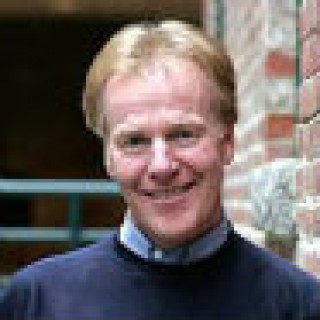Showing 10 of 17 results
Learning Organizations: The Promise and the Possibilities
This year’s annual Systems Thinking in Action Conference explored both the promise and the reality of the learning organization through the theme, “Learning Organizations…
From Fragmentation to Integration: Building Learning Communities
We live in an era of massive institutional failure,” says Dee Hock, founder and CEO emeritus of Visa International. We need only look around…
Building Organizational Learning Infrastructures
The systems and structures that have served our organizations well throughout the Machine Age are no longer adequate to meet the demands of the…
Rethinking Leadership in the Learning Organization
How many times have we heard statements like these and simply accepted them as “the way things are?” CEOs and other top executives talk…
Ishmael: Cultural Dialogue
“TEACHER seeks pupil. Must have an earnest desire to save the world. Apply in person.” Thus begins Ishmael, a compelling exploration of our shared assumptions…
Building Communities of Commitment
Creating learning organizations takes more than a collection of individuals working toward the same cause; it requires building a community of learners who are…
The Learning Organization: From Vision to Reality
Building learning organizations requires more than just “re-engineering” our existing structures. It requires a whole new vision of what organizations can become and a…
Creating Learning Organizations
The “learning organization” is fast becoming a corporate buzzword. Many companies are jumping on the bandwagon without really understanding what a learning organization is, or…
The Need to Understand One Another
Years ago, before diversity became an almost faddish concern for managers everywhere, a wise older gentleman, John Bemis, helped me see the deep connections…
The Inner Path of Leadership
In Synchronicity: The Inner Path of Leadership, Joe Jaworski illuminates the nature of the choice to lead and the profound worldview out of which…

